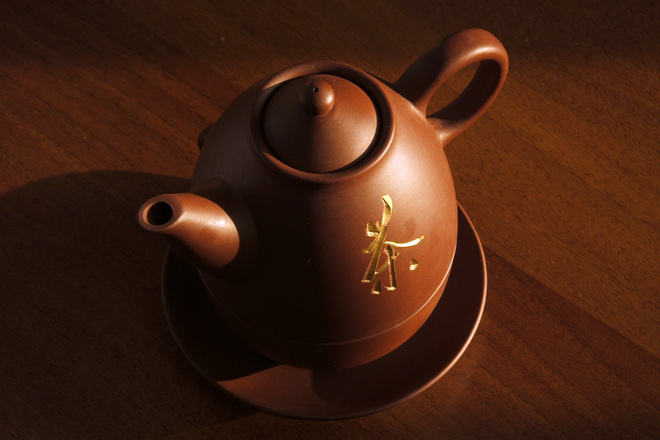

PATENT scope went out of control back in the days of David Kappos and some of his predecessors at the USPTO. They made it their goal to simply increase the pace of patenting irrespective of patent quality -- the same mistake the EPO is now making under Battistelli's truly awful leadership. In the process, the USPTO granted a lot of patents on software (algorithms). This, in turn, gave rise to patent trolls.
"Speaking of patent trolls, remember Finjan? It is a nasty patent troll that received money (along with other support) from Microsoft and now goes after legitimate companies."Remember that Thomas Edison (now a patent icon) was a patent troll; he was not an epic inventor but a famous 'thief' (of ideas). Now see this new article by Jason Rantanen regarding a book he has read. "I recently read Graham Moore’s The Last Days of Night," he said, "a tale about the patent war between Thomas Edison and George Westinghouse from the point of view of Paul Cravath, the young lawyer representing Westinghouse (and yes, that Cravath). The book is historical fiction (which means that it consists of made up/condensed elements set within the broader landscape of historical evidence), but many of the themes within it ring true today. Among them are divergent views of the role of patents in technological development. Edison personifies the corporation-as-inventor, with his organized system for inventing. Westinghouse embodies the practical aspects of invention–the need to take a technology and make it into a commercial reality. And Nikola Tesla is the “flash of genius” inventor who invents for the love of inventing rather than for material rewards."
In the field of software, where a lot of code gets published as Free/Open Source software, people receive credit for their work through attribution, reuse, etc. They don't want or need to pursue patents. Those who want software patents typically develop no software at all; they don't even know how to. The patenting of software is pointless as it's the domain of copyrights, not patents.
"The patenting of software is pointless as it's the domain of copyrights, not patents."Watchtroll, which has resorted to publishing press releases (desperate for money perhaps; software patents are a dying business), is still complaining that PTAB is fixing patent scope (i.e. more of the same) and Law 360, which targets the patent microcosm, says that "Kinglite Loses Final Round In PTAB Software Patent Fight" in an article published over the weekend (behind paywall) to say:
Kinglite Loses Final Round In PTAB Software Patent Fight
Claims in two Kinglite Holdings Inc. computer software patents were found invalid Thursday, capping a spate of recent decisions from the Patent Trial and Appeal Board involving more than a dozen patents owned by the Singapore company.
The PTAB said a group of computer hardware companies, led by American Megatrends Inc., had persuasively shown all claims in one Kinglite patent were obvious. Numerous claims in a second patent were also found to be unpatentable.
Refusing to consider only elements of patent claims that differed from the prior art in considering patent-eligibility under the test of Alice Corp. v. CLS Bank and 35 U.S.C. €§ 101, a court has denied a defendant’s motion to dismiss. Capstan AG Systems, Inc. v. Raven Indus., Inc., No. 16-cv-04132-DDC-KGS (D. Kans. Jan 11, 2017). The patents-in-suit, U.S. Patent Numbers 8,191,795 and 8,523,085, claim systems and methods for controlling valves of agricultural sprayers. For example, the claimed invention controlled flow rates to provide even spraying when a tractor was turning.
Back in December, Supreme People’s Court vice president Tao Kaiyuan told media that top authorities were considering the introduction of a national IP appeals court for China. Details are sparse at the moment, but the nation’s top court is likely to be consulting with stakeholders now in order to come up with a more detailed proposal. Madame Tao is a heavy hitter in the Chinese IP policy world, and has been an advocate of both specialised courts and a greater IP role for the judiciary (versus administrative bodies). Her comments are a good indication of what shape the next round of IP reform in China will take.